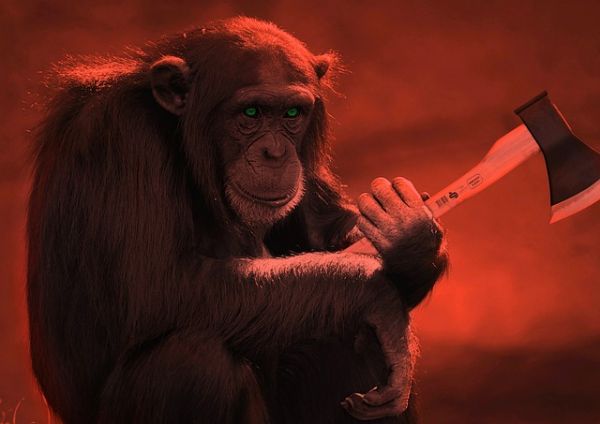

Hagen and Tanaka 13 reported that experts had partially shared neuro bases for within-category discrimination for human faces and birds, whereas novices did not.

12 also reported the effect of expertise on the configural processing of dogs by humans. 11 reported that expertise for cars and birds shares brain areas with face recognition. However, there were several studies that showed the effect of expertise. This experiment has not always been successfully replicated 9, 10. Dog experts are familiar with dogs, and are able to exploit the distinguishing internal relational features of dogs better than novices can, so they showed the expert effect and perceived dogs in the same way that people do with human faces (and bodies). The researchers claimed that dogs, and all other biological classes whose members are individualized (in other words, having distinct bodies), can invoke configural processing, because they all share the same configuration. In Diamond and Carey’s classic study 2, it was found that dog experts showed the inversion effect when recognizing dogs, while dog novices did not. However, despite the perception narrowing, many studies have found that the configural processing can be tuned for objects of expertise. Infants of 6 months old could discriminate faces of other species, while older infants and adults could not. Humans’ perception narrows specifically to conspecifics 8. The inversion effect of faces and bodies suggests that humans perceive them as a pre-set template and a holistic configuration rather than as combinations of local features, as is the case with other objects. Compared with other objects such as houses or pictures of scenery, the recognition of faces or bodies significantly deteriorates with inversion of the stimuli, which is called the inversion effect. It has been widely reported that humans have a special way to process faces and bodies, as opposed to other objects, through configural processing (e.g., faces: 1, 2, 3, 4 bodies: 5, 6, 7). This study revealed the important role of experience in object processing in humans, and our evolutionary relatives, chimpanzees.įaces and bodies provide very important social cues for animals. Although they showed similar performances as the chimpanzee experts, the two groups had differences in some situations, indicating the effect of expertise. We also tested humans that were not chimpanzee experts using chimpanzee body stimuli. This suggests that compared with chimpanzees, the special processing in humans can be more flexibly tuned for other objects. The main finding was that humans (chimpanzee experts) showed the expert effect to chimpanzee bodies, while chimpanzees partially showed it to human bodies. We investigated whether chimpanzees show the expert effect and how humans and chimpanzees differ by testing chimpanzees (human experts) with human body stimuli and testing humans (chimpanzee experts) with chimpanzee and human body stimuli in body recognition tasks. Previous research has suggested that humans also show the inversion effect to objects that they have expertise about, and this is called the expert effect. It suggests that these two species use a specific way to process faces and bodies. Both humans and chimpanzees have better performances when recognizing faces or bodies when the stimuli are upright compared to inverted.


 0 kommentar(er)
0 kommentar(er)
